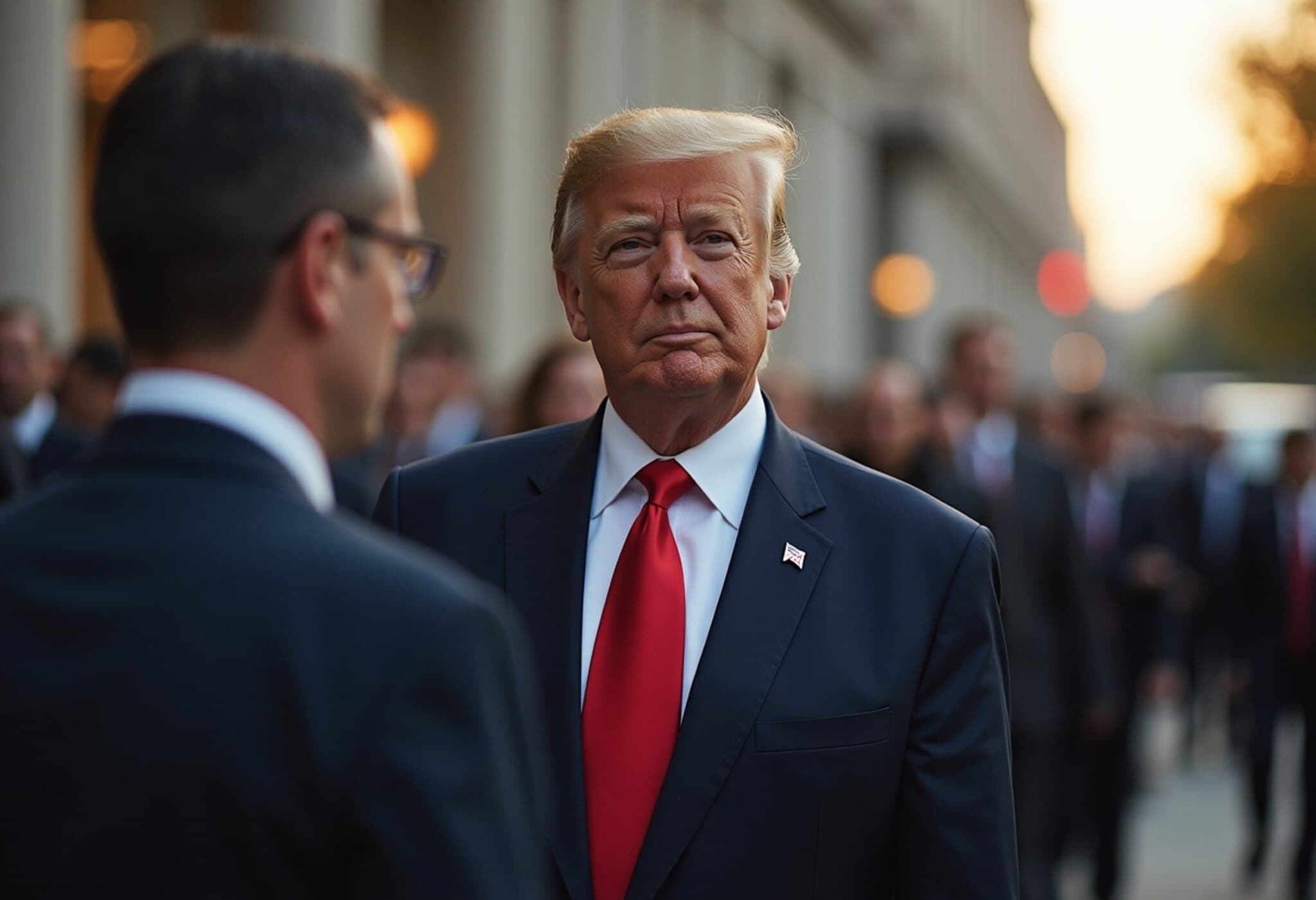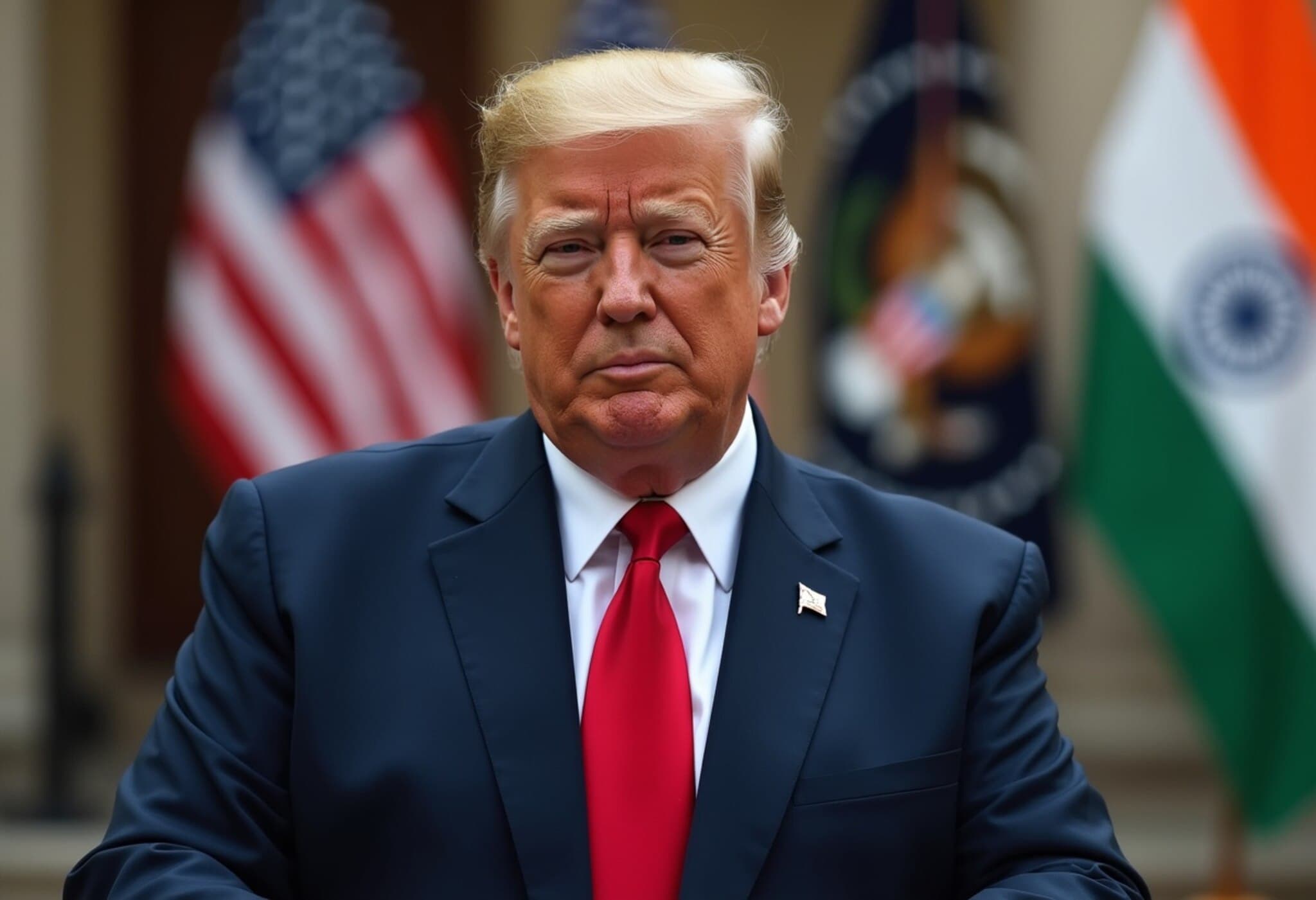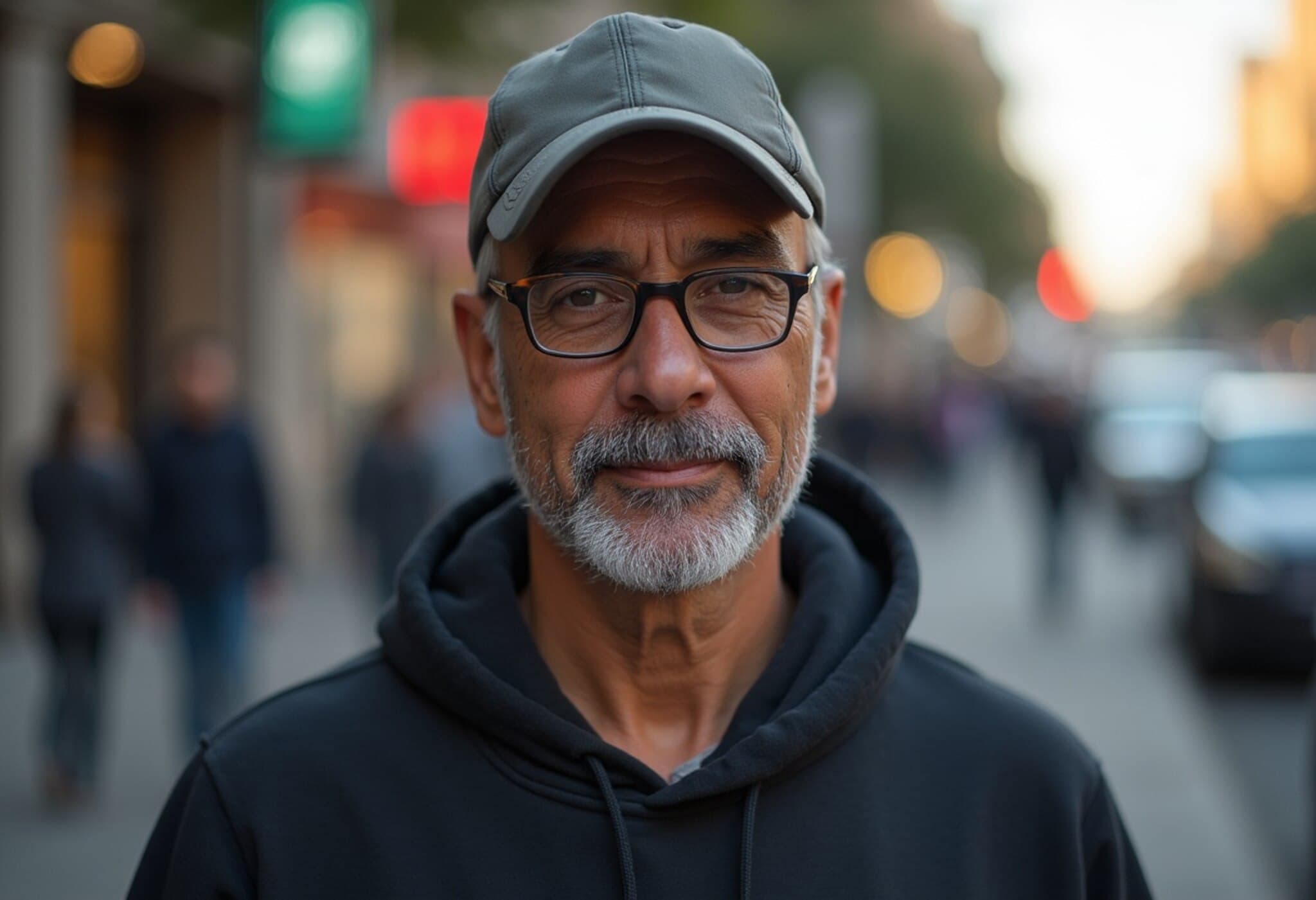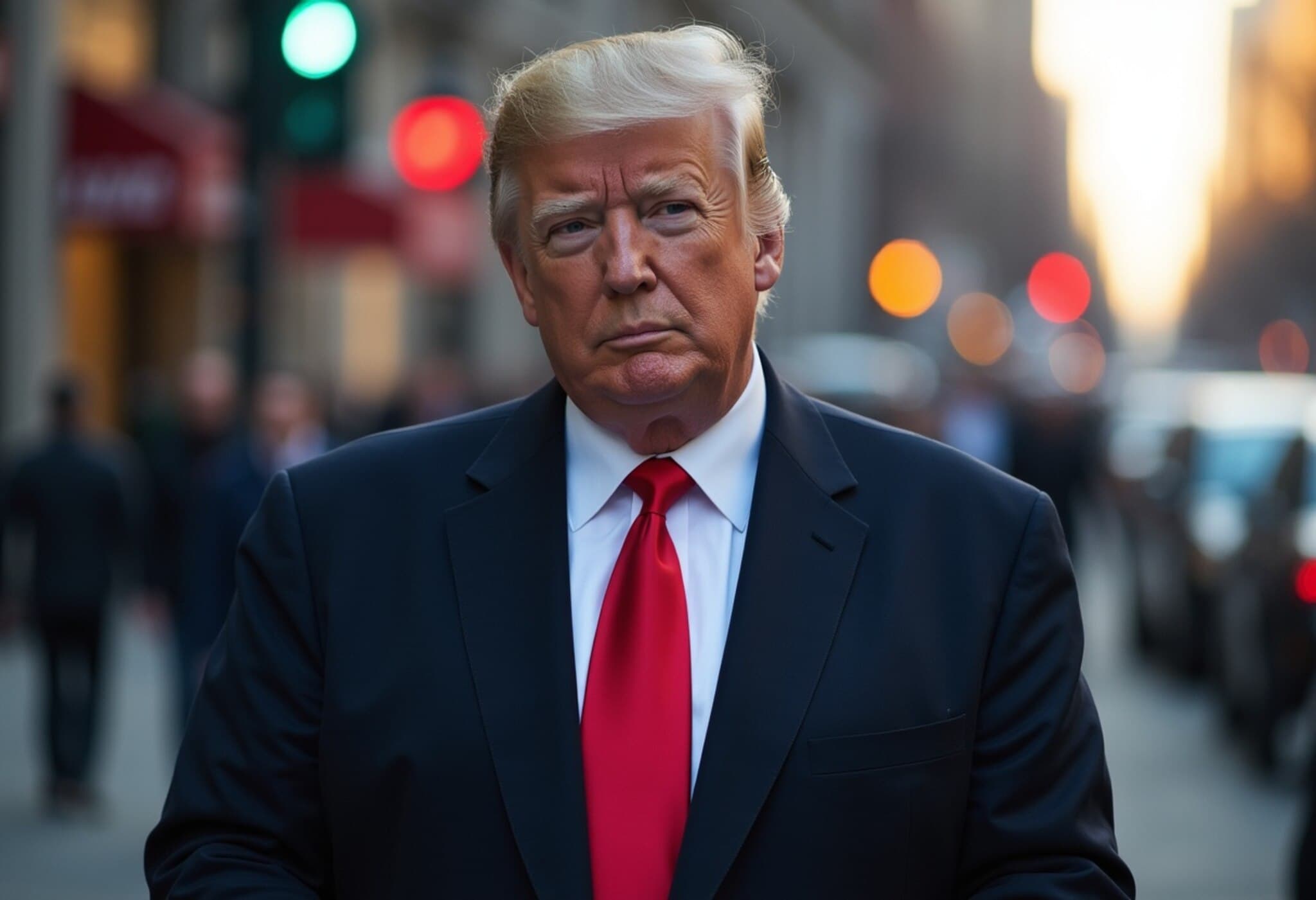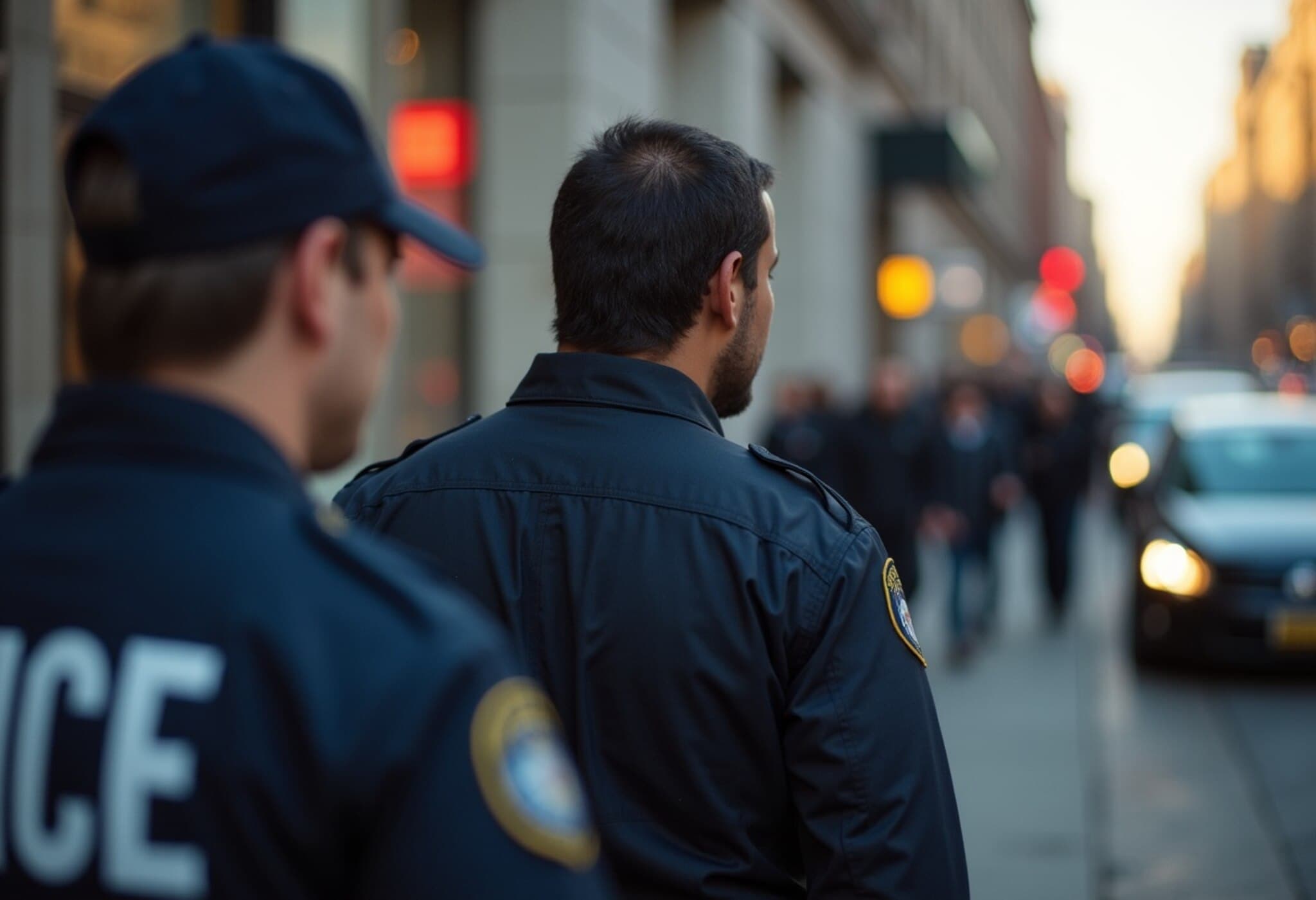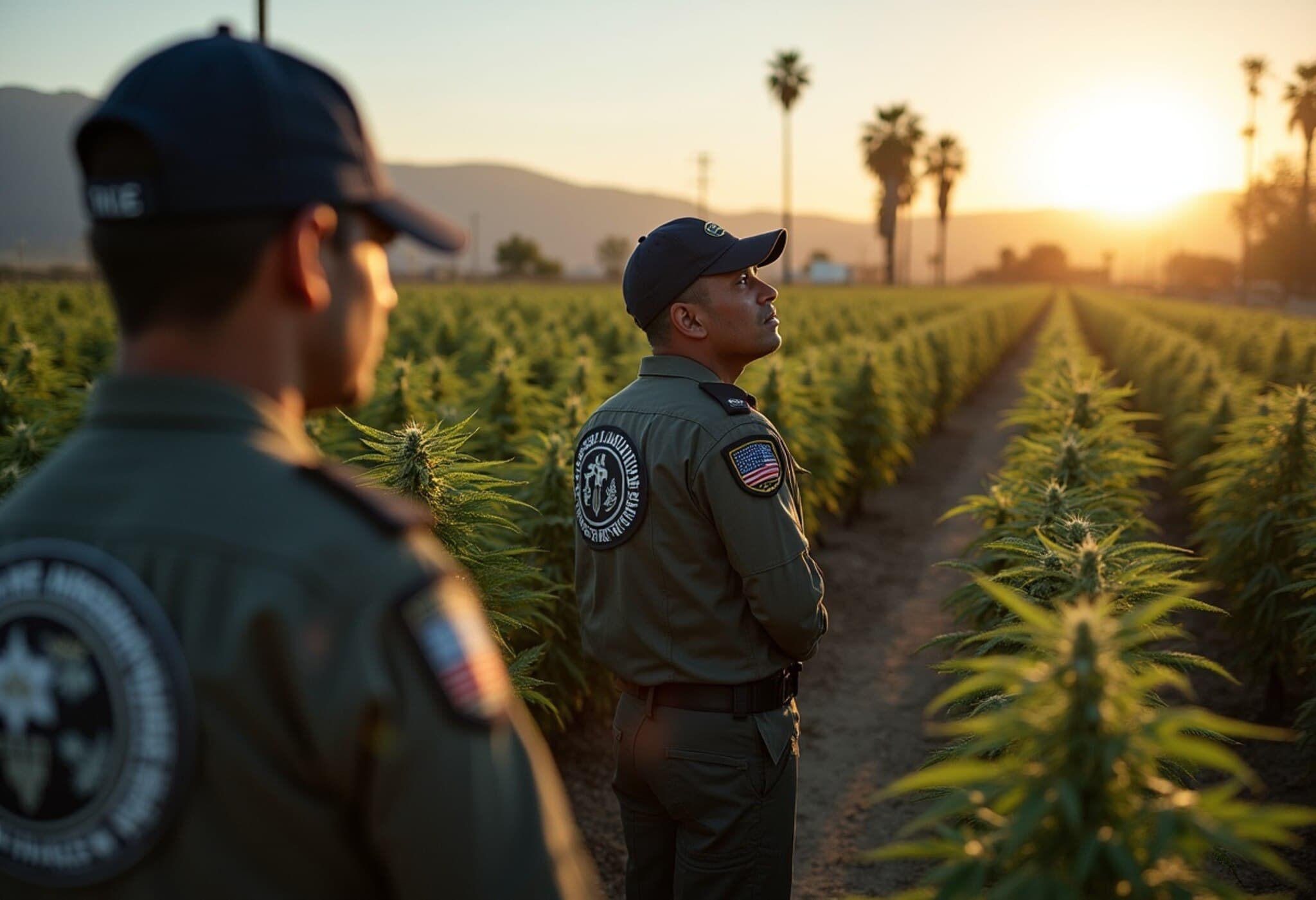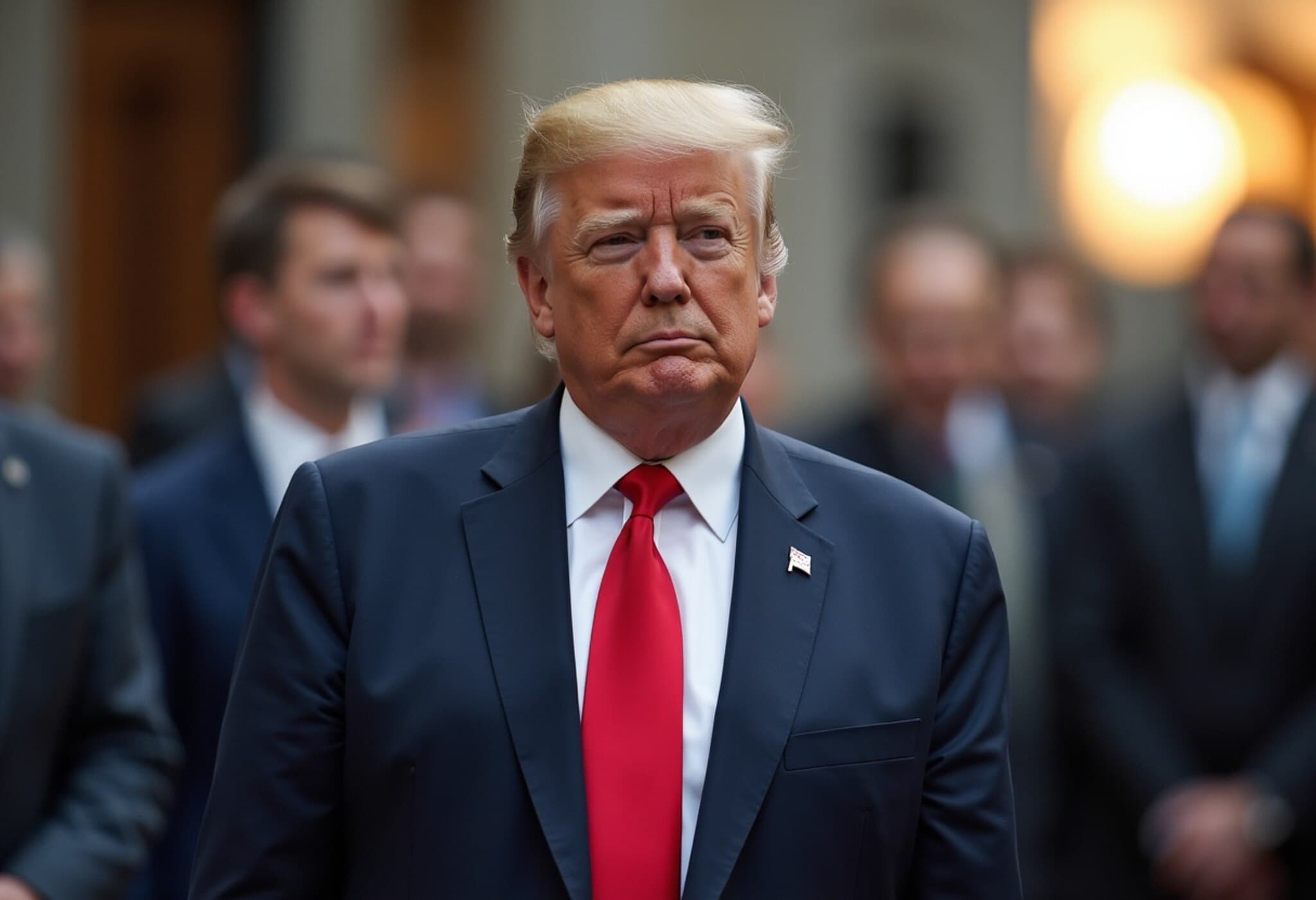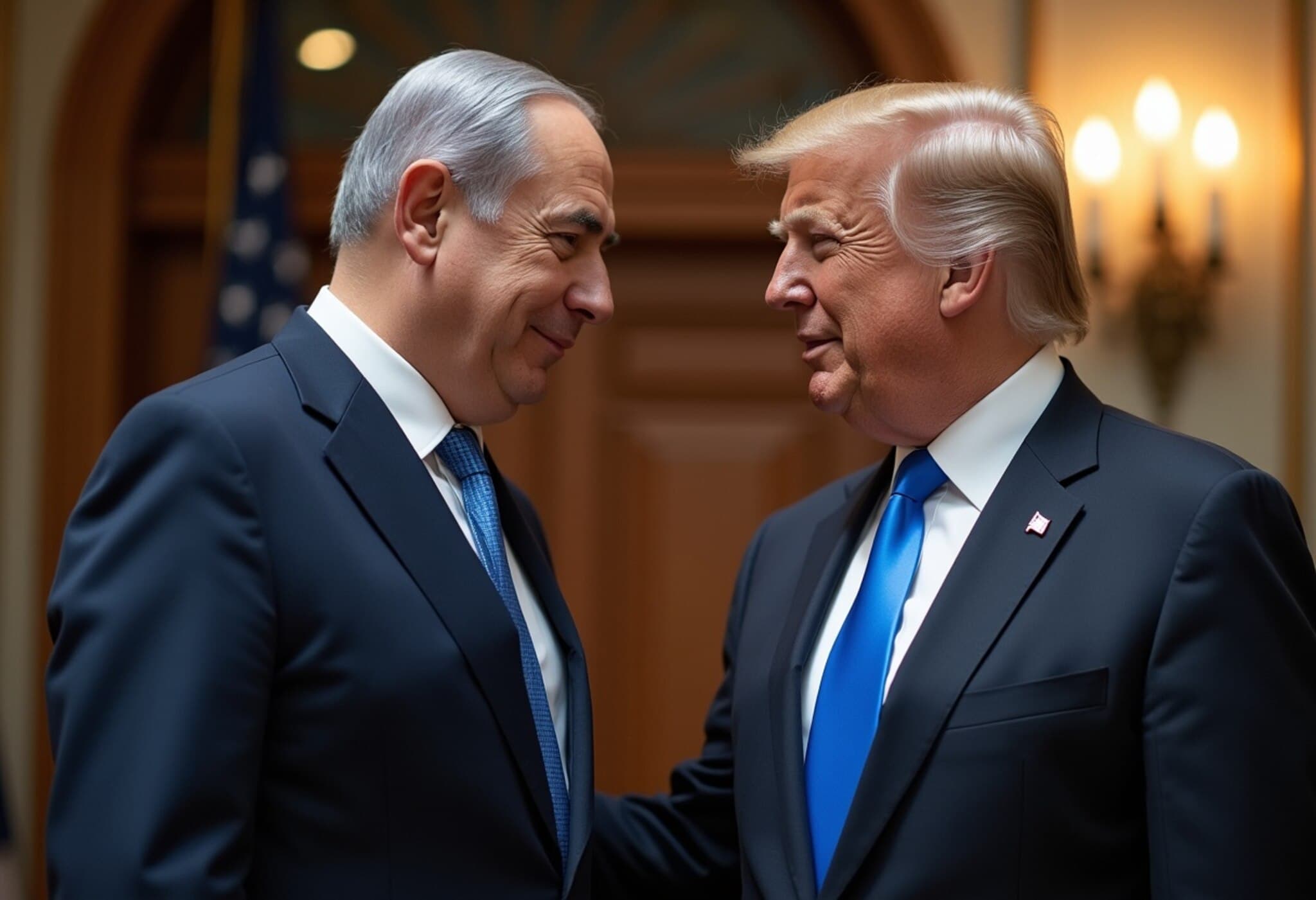US Embassy Requires Social Media Disclosure for Visa Applicants
On Thursday, the US Embassy in India issued a clear directive for all visa applicants: list every social media username or handle you've used over the past five years. Failure to do so could result in visa denial and disqualification from future applications.
Social Media Transparency Now a Visa Requirement
In a statement posted on X, the embassy emphasized that all visa applicants must disclose social media handles across every platform from the past five years as part of the DS-160 visa application form. Applicants must confirm the accuracy of this information before submitting.
The embassy cautioned, "Omitting social media information could lead to visa denial and ineligibility for future visas."
Public Profiles to Help Verify Identity
Earlier this month, the embassy suggested that visa seekers make their social media accounts public to facilitate identity verification and eligibility under US law. Since 2019, both immigrant and non-immigrant visa applications, including student visas (F and M categories) and exchange visitor visas (J category), have required disclosure of these digital identifiers.
National Security and Immigration Enforcement
Digital posters released alongside the announcement reinforced the message: "Every U.S. visa adjudication is a national security decision." The US government uses all available information during visa screening and vetting, including social media data.
This intensified scrutiny reflects ongoing immigration enforcement trends, with recent crackdowns notably in Los Angeles triggering increased caution among applicants.
Consequences for Violations and Illegal Entry
On June 24, the embassy reiterated its tough stance on immigration violations, warning of potential detention, deportation, and permanent visa ramifications for offenders. It underscored that illegal entry into the US carries serious repercussions.
Additional reminders highlight that holding a US visa is a privilege rather than a right, and violations such as illegal drug use or breaking US laws while on a student or visitor visa could jeopardize future visa opportunities. Furthermore, measures targeting foreign officials and individuals involved in illegal or mass immigration have tightened visa restrictions recently.
Summary
The US Embassy's new social media disclosure rule underlines the increasing role of digital footprints in immigration decisions. Applicants must provide complete and truthful information or risk losing visa access. As immigration policies continue to evolve with national security priorities, compliance remains critical for prospective visitors and residents.



